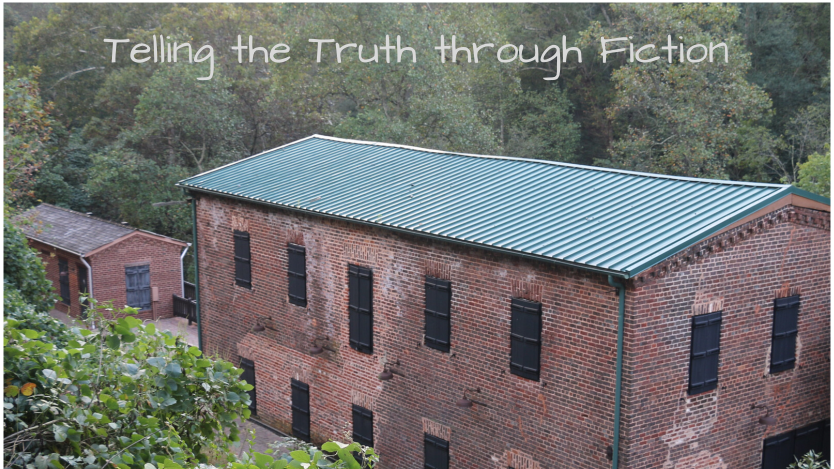During a TV interview with Attorney General William Barr, the commentator asked him one question that caught my attention. “How will this [current situation] be perceived and remembered years from now? Note: I left out any mention of what the “current situation” alludes to, because it has no bearing on the answer he gave.
His answer: It depends on who’s writing the history reports. Not his specific words, but that’s the gist of his answer—and the point of today’s post.
Different Viewpoints Needed
Although we all harbor some biases, however unintentional they may be, an honest writer will (at least try to) explore any situation from different viewpoints.
You’ve probably seen the illustration of police getting testimonies from various people who witnessed a crime or an accident. Usually the officers will glean as many different accounts as the number of people they interview. Nobody is lying, but each person sees the same action from a different physical aspect (vantage point) and interprets it according to his life experiences.
Writers of fiction acknowledge this truth and use it to serve our purpose in crafting a story. We can switch from one person’s Point of View (POV) to another’s POV to give the reader a broader perspective on the action taking place.
My Example
Here’s a simple example from my own life. As the saying goes, “I am American by birth and Southern by the grace of God.” (grin) However, as a reader, one of my favorite time periods is the (British) Regency Period. Some of the novels set during that time (roughly 1810 to 1820, give or take a decade) happen to mention the war going on between England and the United States. My first notice of this was quite shocking: I was pulling for the enemy!
You can see how easily we maintain our biased opinions until someone dares to shake us by presenting a different perspective.
With this in mind, I struggle to understand both sides (or multiple sides) of whichever story I’m pursing. My aim is not to convince you, the reader, that my opinion is right; it is to present to you a story that could happen. A story of people who struggle like we do. Simple people in all their bumbling, mistake-ridden glory.
The conclusion is yours.


